
Over the course of five years, a diverse group of photographers have sought to capture the true face of Japan's LGBT community by photographing 10,000 people. They have just released their second volume, Out in Japan #002.
Photos from the collection can be seen at Tokyo's Hibiya Theater Creation through Oct. 9. At the exhibit’s opening last month, Leslie Kee, who directed the photography project, said that “everyone who participated in Out in Japan has their own story to tell.”
Out in Japan is an attempt to highlight the presence of LGBT people in daily life -- a community that is not especially high-profile in Japan. Some Out in Japan #002 participants offered suggestions about how to make the fairly invisible LGBT community more visible, while others spoke about the obstacles to doing so.
“We spent three minutes photographing some people, and 10 minutes photographing others,” Kee said. “This project aims to make the audience recognize, with both their eyes and their hearts, the subjects’ various identities.”
Below, you can see photos of some of the participants, and hear their stories in their own words.
Yoshiki Nakamura 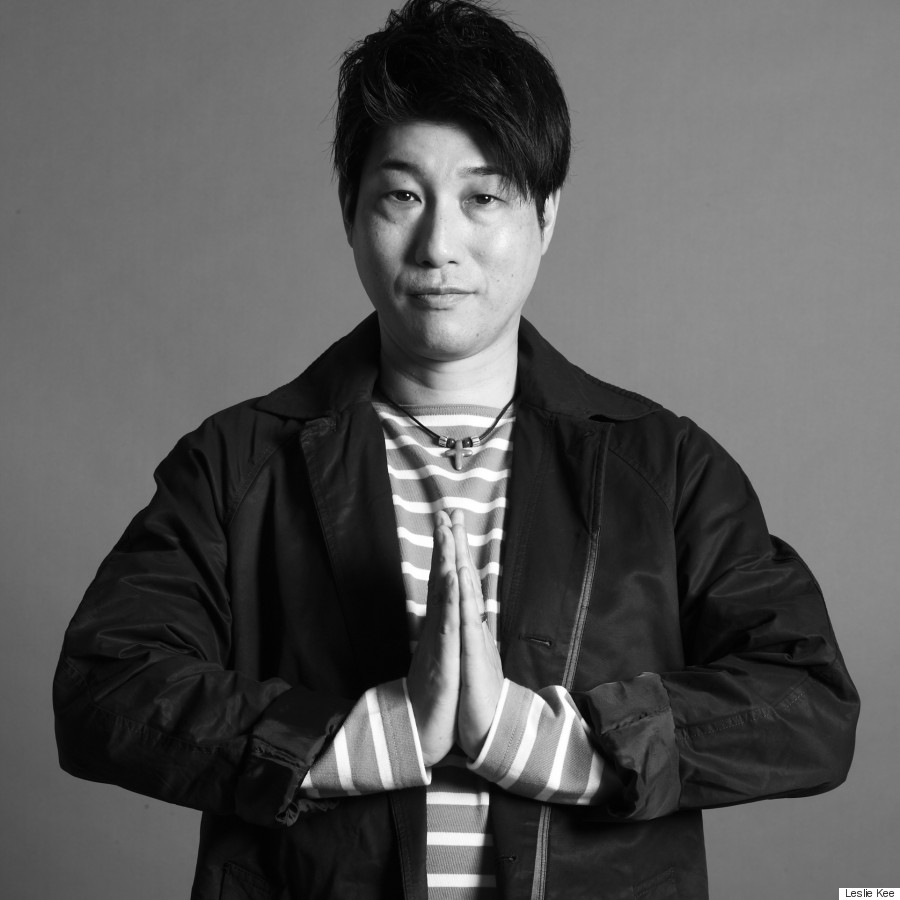
I am a Christian pastor, and I wondered how, by coming out myself, I could help others who have not been able to come out yet. That is why I am participating in this project.
There are LGBT people all around us -- it's just that they aren't able to speak out. There are many people who think "No one around me is gay." And there are many in the LGBT community who are anxious about coming out.
How can we create an environment that is more hospitable for those individuals? This is a question that should not be tackled by the LGBT community alone. But it's also a difficult question for heterosexual people to answer. I think the two groups must join hands and create a harmonious society in which diversity can be tolerated.
Tomo Kawashima 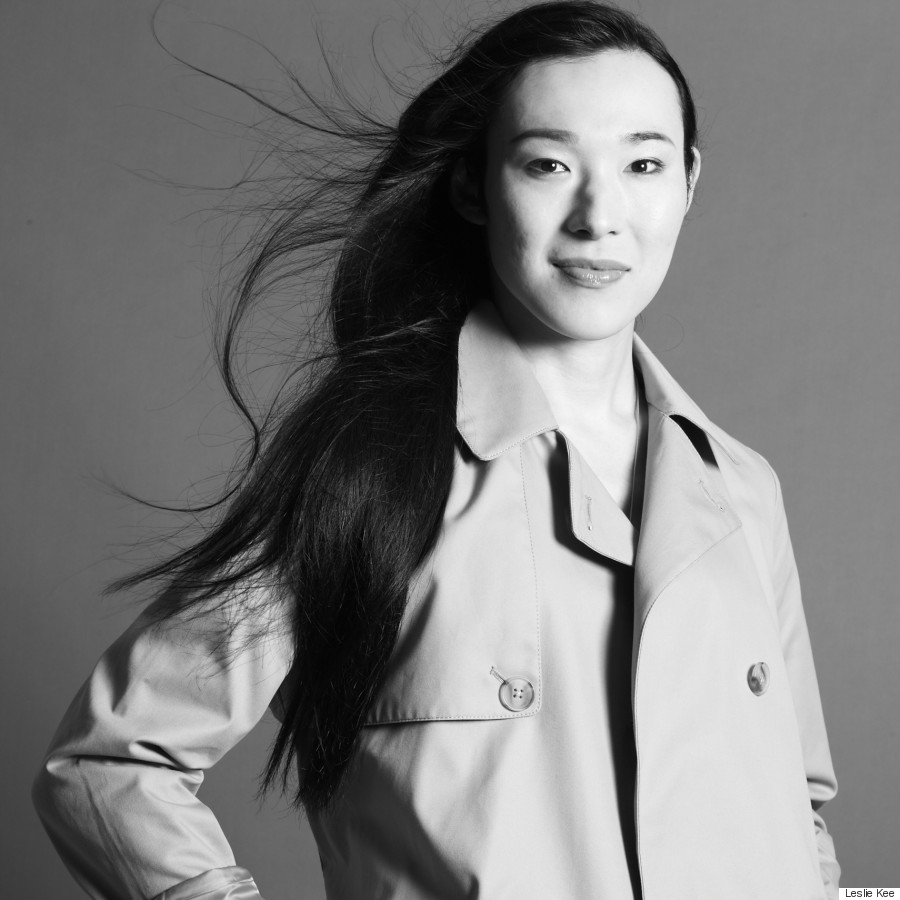
It was embarrassing, but it was also fun -– like doing Shici-Go-San [a Japanese coming-of-age holiday for children] all over again.
Making the community visible is important, but I don't necessarily think we need to be blatantly open either. I think that those who can come out should come out in the time and way that suits them. I don't think it is necessary to get people to say "I am this gender" or to speak publicly about their private lives. I do think we need to speak up to change Japan's laws and to raise the social perceptions of the LGBT community and other sexual minorities. However, my dream is that we will get through this, and treat each other with compassion. In the future, diversity will bloom in Japan.
Teishiro Minami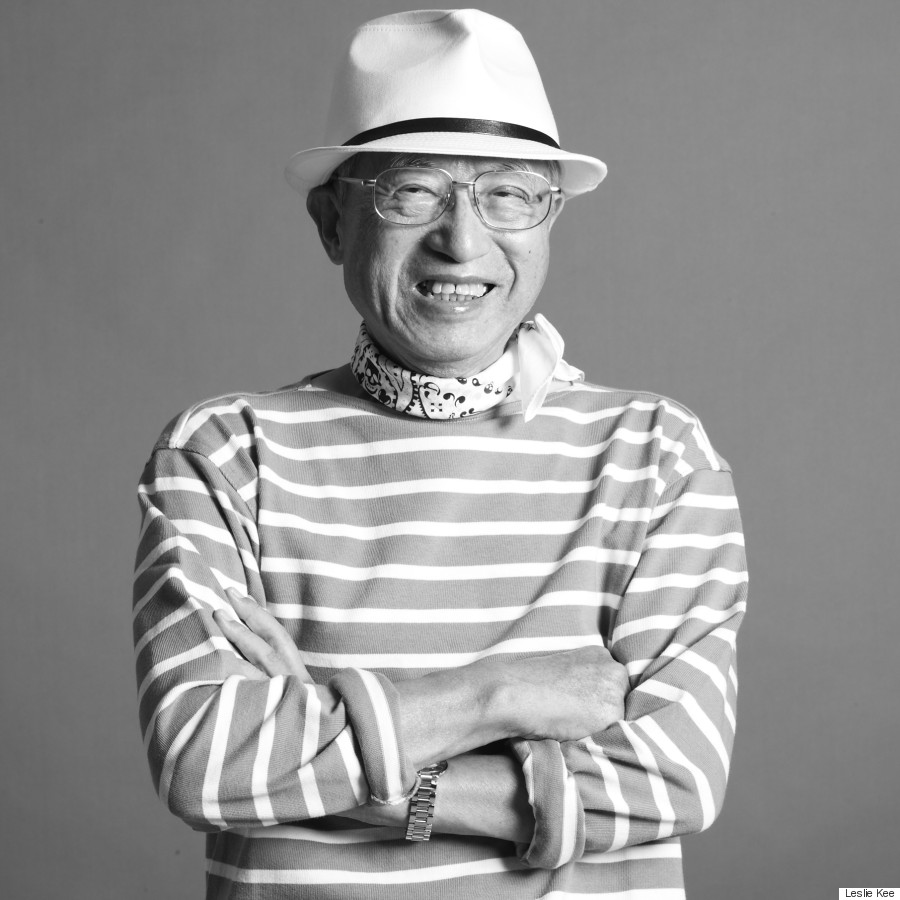
I was the editor of a gay magazine, so I have shot many photos of models, but this is the first time I've been one myself.
Many changes are taking place now, compared to 21 years ago. Back then, there were no events like Out in Japan to bring large groups of people together. I was away from the LGBT movement for a while, and in that time, it seems that the world has changed. I was surprised to see that all of a sudden, such huge groups are present, all assembling with great purpose. I think that going forward, LGBT individuals should continue to be proactive in drawing attention to their community.
Among the community, there is no such thing as the "typical gay person." Every person is unique. However, there are many people who think that it is easier to just live their lives in a way that conforms to stereotypes of what it means to be an LGBT person. But they will not be truly happy that way, so it is important for the LGBT community to further educate the public.
There is no need to send an obvious message like "We are ordinary people." That we are "different" or "strange" is just something that other people think. There is no need for us to tell them "We are the same as you." There are many who think we need to say such things, but I am not one of them.
I have lived my life normally, just the way I am. I haven't done anything special. I've reached the age of 84, and people around me have not accused me of being strange. I hope that this world would become a place where people can express their gender in whatever way they wish.
Masahito Nakamura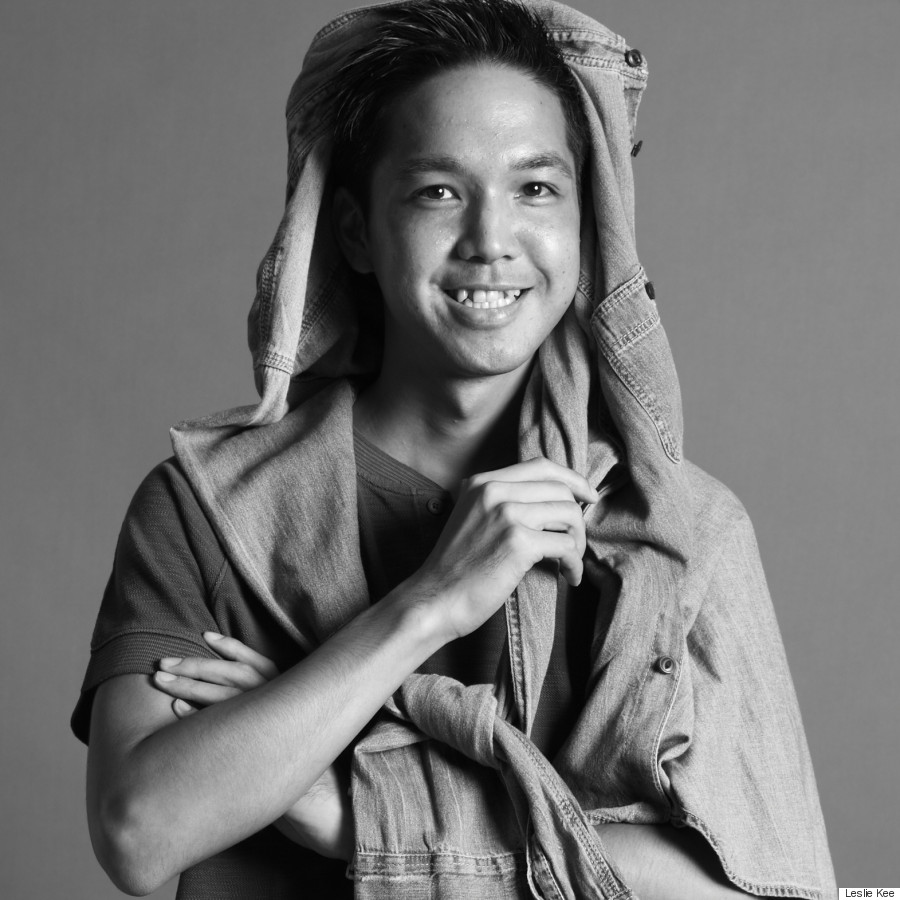
I don't think we need to waste energy on sending a message to straight people. I am lucky, because being gay hasn't strained my interactions with straight people. Most of my friends are straight, and my family knows that I'm gay.
My words might sound harsh to those who are in much more painful situations. But being LGBT is just one aspect of identity, and only one part of everything that makes up a person. I've never really tried to get straight people to understand me, and I have a problem with phrases like "in order to make us more visible." I wonder if it's really necessary.
Soushi Matsuoka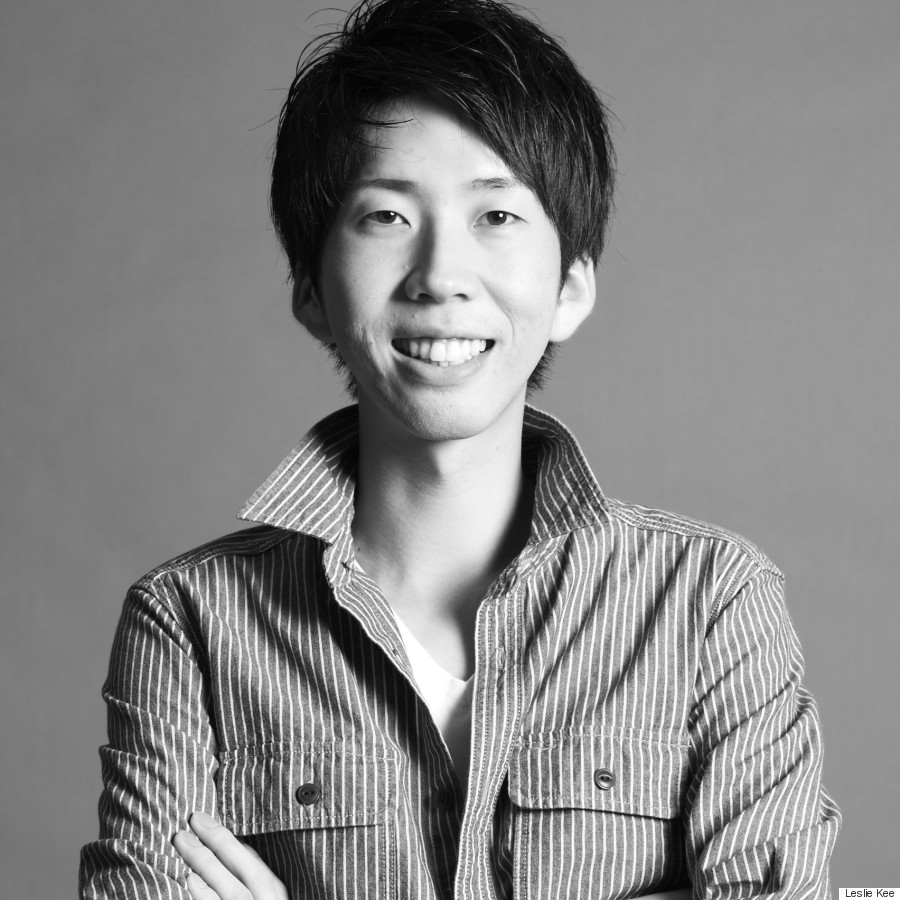
To increase LGBT visibility, I think LGBT people need to make friends; that is the strongest tool. Family members can be a little too close. With a friend, the worst-case scenario is you end the friendship, and then you go on with your life. If you make straight friends who accept you, those friends will help bring about understanding within the community. I think the sense of distance is what is important in this issue.
Natsumi Okata (right) and Asami Tsuchiya (left)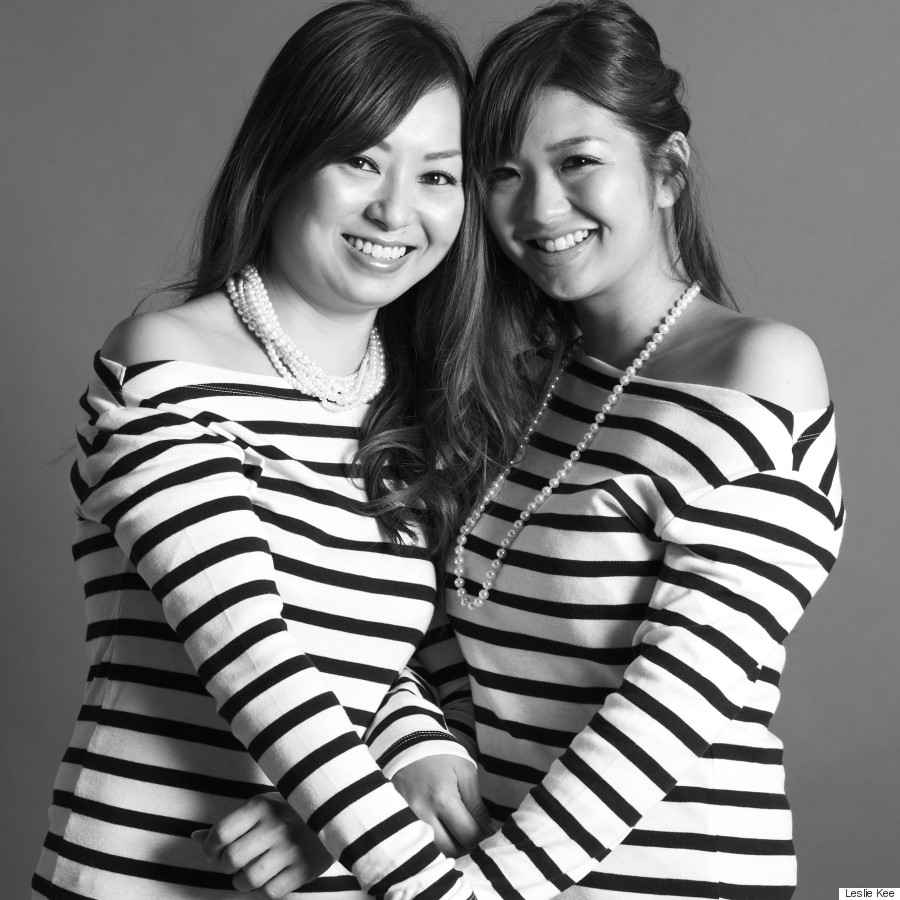
I suppose increased visibility is being able to say "This is who I am." As in, I should introduce myself by saying "I like women, and I am a lesbian." Within our community, you wouldn’t be able to figure out someone’s orientation just by looking at them. We are all grouped together under the term "LGBT," but there are many differences, and I think we need to voice that for ourselves. It's a hard message to get across, especially when talking to straight people.
Munehisa Sakurada 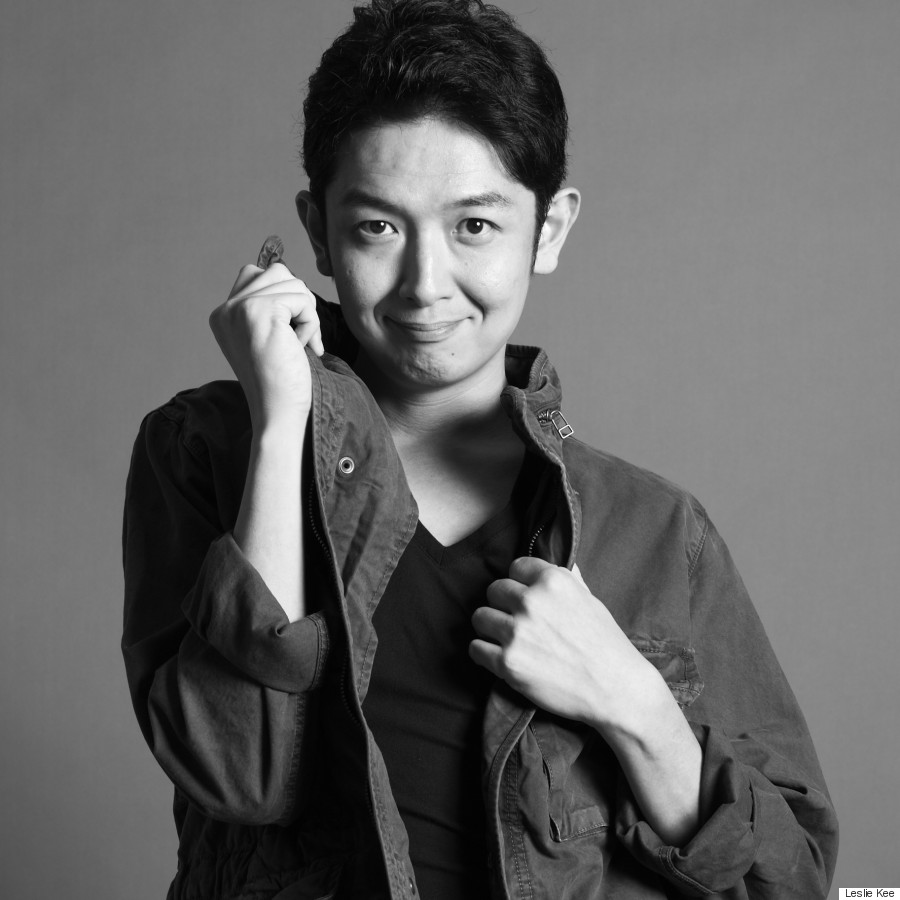
It would be nice if at someplace like a bar, the person sitting next to you could just casually say: "I'm gay. I'm a member of the LGBT community." I think the most important thing is to change the perceptions of those around us, whether it be people at school or family members, and gain their understanding.
Everyone's sexuality is different. I think the way to change the world is for people to talk to those who most understand who they are inside, whether it’s a dear friend or a family member.
Wataru Ishizaka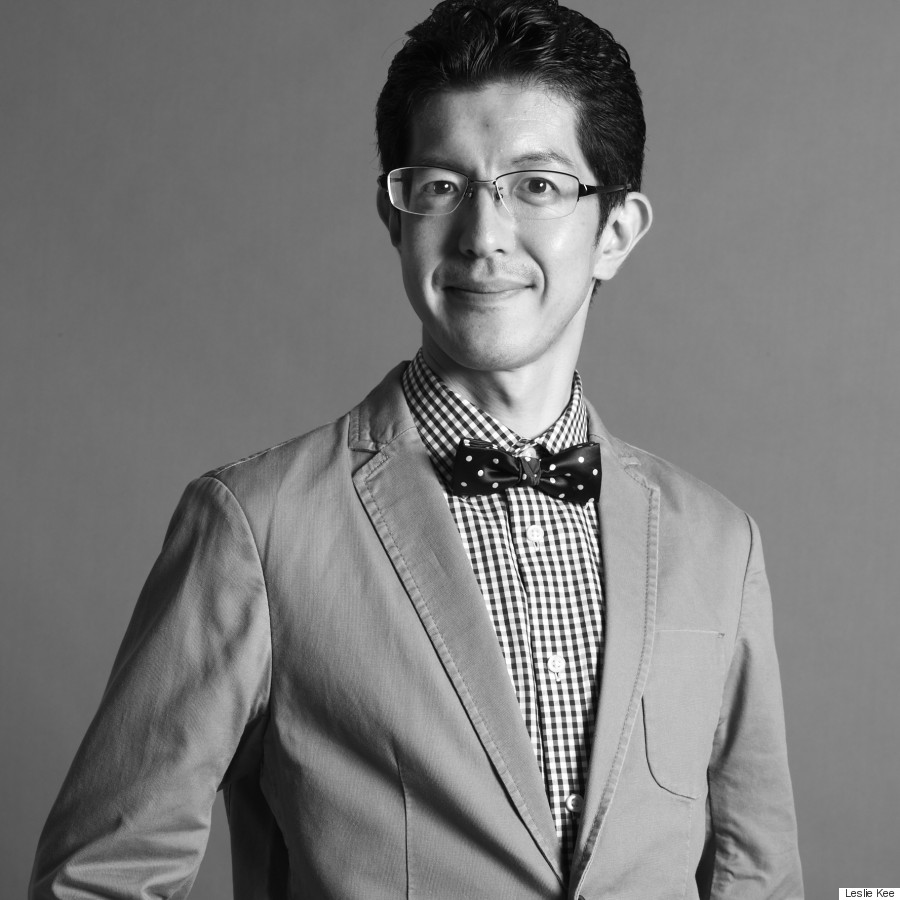
It's important for people to see the faces of LGBT individuals and know that they are all around them in their daily lives. There is nothing better than being able to come out to those around you. Even if they don't give out people's names, this project is putting images or videos of our faces out there, where people can see them. Even if someone's whole profile can't be posted online, they are still able to send the message to the world that "I am here." I think if everyone participates, it will lead to visibility for us.
Ki-Yo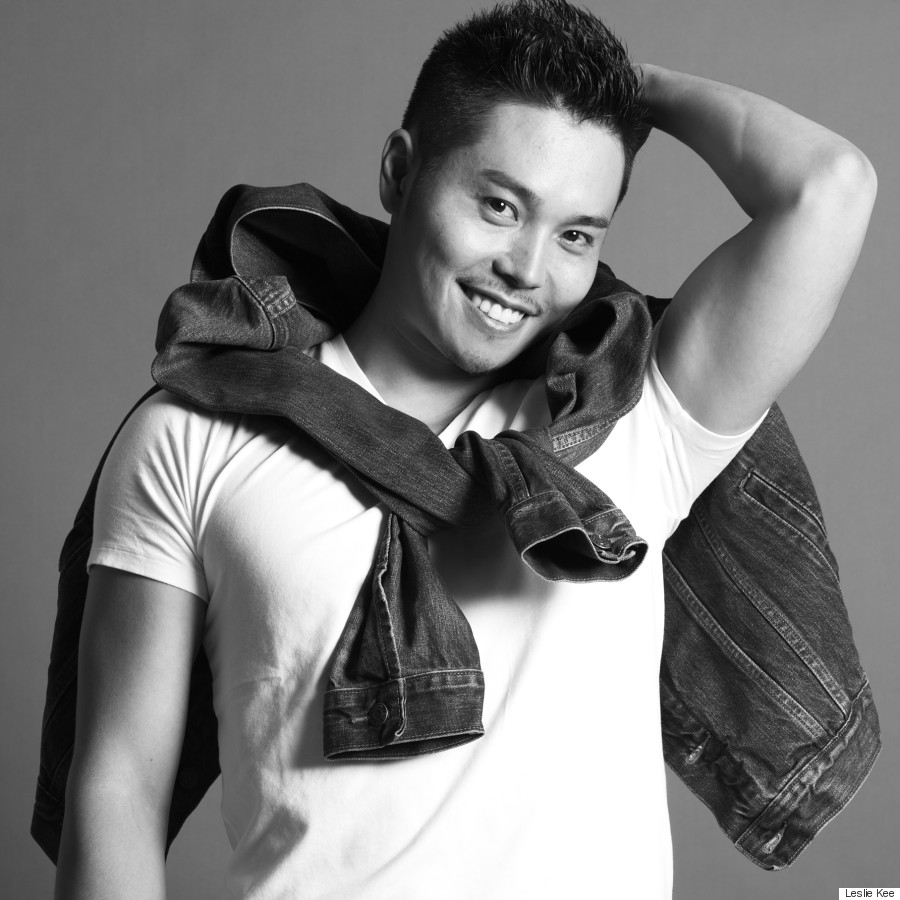
I think increased visibility for LGBT people is a matter of mutual understanding. It can't just be LGBT people; we need to gain understanding from outside the community as well. We need to be in dialogue with one another. This isn't going to happen right away; it's going to take a lot of time. LGBT people and supporters will join hands and work together. Gradually, we'll gain recognition from others. I think that if we have confidence in ourselves, stay true to ourselves moving forward, the world will eventually accept us. I think it will take time, but we should continue to work at our own pace.
Leslie Kee, project director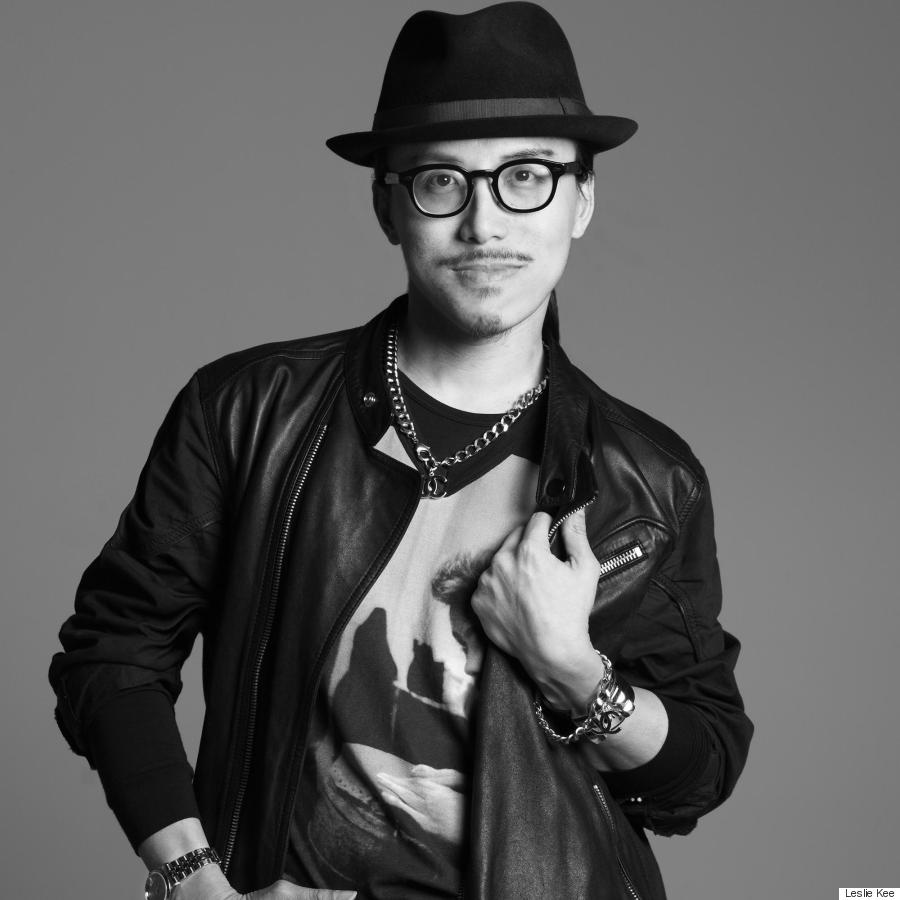 I think that to increase visibility, we need to feature members of the LGBT community on television programs. I'm going to start a talk show, where every week we have LGBT and straight people on, famous and not famous. Gradually, I'll get more and more famous people to participate. If people start talking about it, it will be easier to get our message across to everyone. If we express the LGBT community’s experiences and emotions, from pain to happiness, through the filter of straight or influential people, before we know it we will be living in a society where it is OK to come out. If that happens, LGBT businesses will spread in Japan, and that would certainly be a plus for the Japanese economy. I want to be proactive, and appear on TV and radio and tell everyone that LGBT people are no longer a minority.
I think that to increase visibility, we need to feature members of the LGBT community on television programs. I'm going to start a talk show, where every week we have LGBT and straight people on, famous and not famous. Gradually, I'll get more and more famous people to participate. If people start talking about it, it will be easier to get our message across to everyone. If we express the LGBT community’s experiences and emotions, from pain to happiness, through the filter of straight or influential people, before we know it we will be living in a society where it is OK to come out. If that happens, LGBT businesses will spread in Japan, and that would certainly be a plus for the Japanese economy. I want to be proactive, and appear on TV and radio and tell everyone that LGBT people are no longer a minority.
This article originally appeared on HuffPost Japan and has been edited and translated into English.